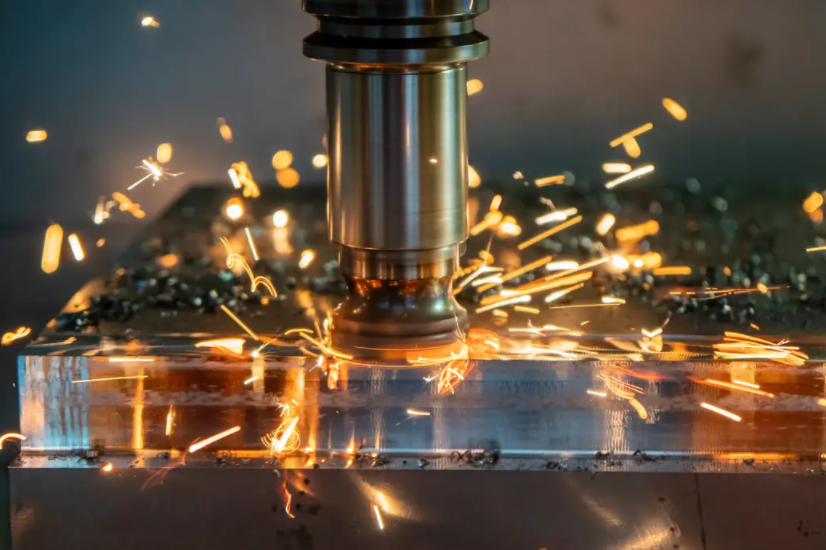Machine casting is a critical process in precision engineering that plays a vital role in the production of superior quality products. It involves the creation of intricate and complex parts using molten metal that is poured into a mold and allowed to solidify. The process requires advanced technology, skilled technicians, and careful attention to detail to ensure the final product meets the desired specifications.
Precision engineering is a discipline that focuses on the design, development, and manufacture of high-quality components with tight tolerances. It is widely used in various industries such as automotive, aerospace, medical, and electronics. Machine casting, as a part of precision engineering, offers numerous benefits that contribute to the production of superior products.
One of the main advantages of machine casting is its ability to produce parts with intricate shapes and complex geometries. Traditional manufacturing methods such as machining can be limited when it comes to creating complex designs. Machine casting, on the other hand, allows for the production of parts with intricate details, thin walls, and internal cavities that are difficult or impossible to achieve using other methods. This versatility makes machine casting a preferred choice for industries that require highly specialized components.
In addition to complex shapes, machine casting also offers excellent dimensional accuracy. The use of advanced molds and precise control over the casting process ensures that the final product meets the exact specifications. This accuracy is crucial in industries where even a slight deviation can lead to significant issues or compromises in performance. Machine casting provides the necessary precision to meet the demanding requirements of modern engineering applications.
Machine casting allows for the production of parts with excellent surface finish. The molds used in the casting process can be designed to provide smooth surfaces, reducing the need for additional finishing operations. This not only saves time and cost but also ensures that the final products have a visually appealing appearance. The high-quality surface finish achieved through machine casting enhances the overall aesthetics and value of the products.
Another advantage of machine casting is its cost-effectiveness. While the initial setup cost for casting molds can be relatively high, the overall production cost per part is often lower compared to other manufacturing methods. Machine casting enables the production of multiple parts simultaneously, reducing the labor and time required for each component. Additionally, the ability to reuse molds for multiple casting cycles further contributes to cost savings. This cost-effectiveness makes machine casting an attractive option for large-scale production.

Apart from the advantages mentioned above, machine casting also offers improved mechanical properties. The controlled solidification process during casting allows for the formation of fine-grained microstructures, resulting in enhanced strength and durability of the parts. This is particularly important in industries where the components are subjected to high loads, extreme temperatures, or corrosive environments. Machine casting ensures that the final products have the necessary mechanical properties to withstand these challenging operating conditions.
Machine casting is an essential process in precision engineering that enables the production of superior quality products. Its ability to create complex shapes, dimensional accuracy, excellent surface finish, cost-effectiveness, and improved mechanical properties make it a preferred choice for various industries. As technology continues to advance, machine casting techniques are expected to further evolve, offering even more efficient and precise manufacturing solutions for the future.
-

- OEM лети части и компоненти
-

- Части за леярство от магнезиева сплав Рамка за велосипед CNC обработка и повърхностна обработка
-

- Леене под налягане от магнезиева сплав Авточасти Предна броня Греда против сблъсък
-

- Magnesium thixomolding parts UAV housing
-

- Магнезиеви тиксоформовани части, капак на корпуса на лаптопа B
-

- Леене под налягане от магнезиева сплав Авточасти Странично стъпало Подложка

 0086-750-5616188
0086-750-5616188 +86 13392089688
+86 13392089688 sales@zhongmei-tech.com
sales@zhongmei-tech.com







